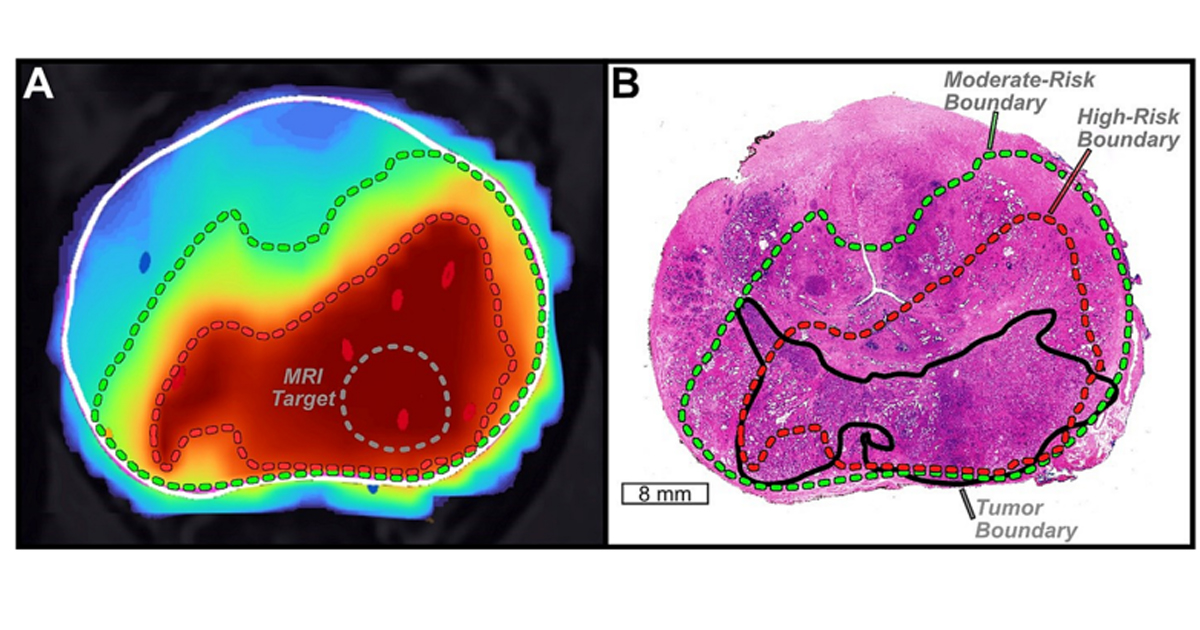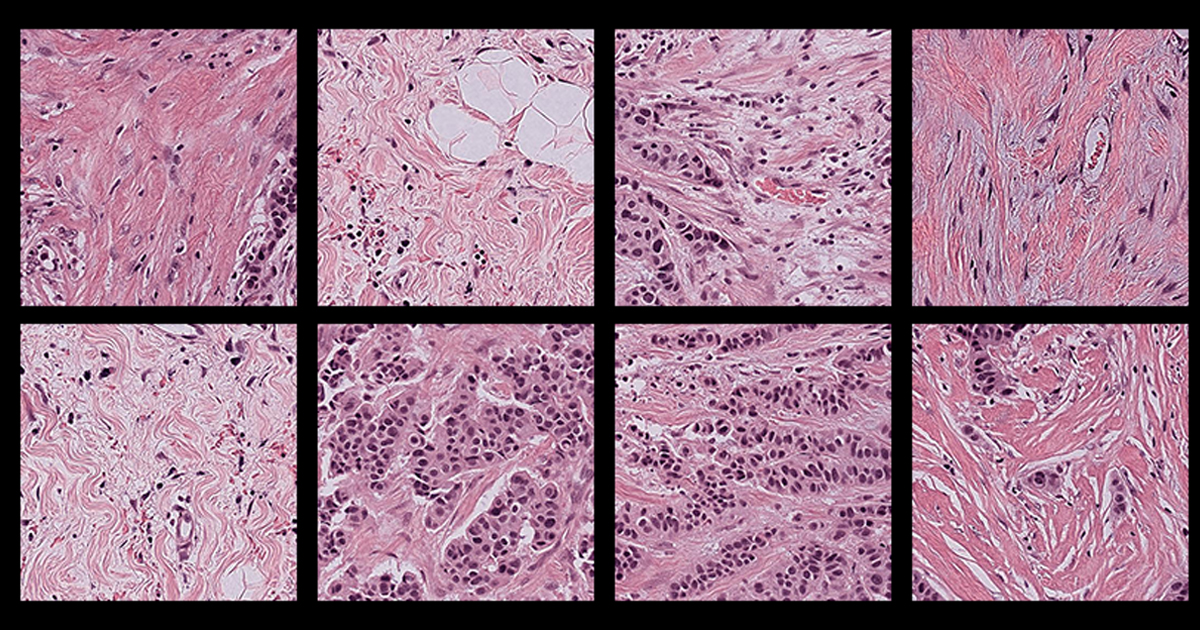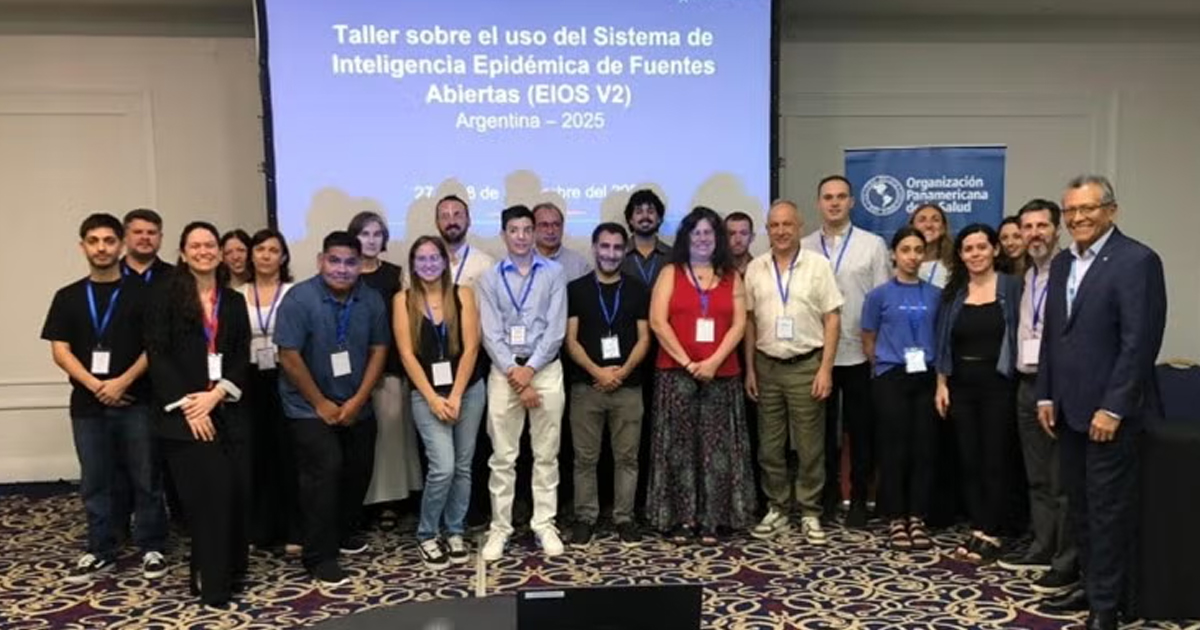Se trata de uno de los documentos más relevantes sobre este padecimiento en México, ya que brinda información científica y académica, sobre la situación epidemiológica del cáncer de mama en México, factores de riesgo, tratamiento, y más.
En el año de 1994 se realizó la primera reunión del Consenso Mexicano sobre Diagnóstico y Tratamiento del Cáncer Mamario y desde el año 2000 se ha actualizado de forma periódica para convertirse en una guía para los oncólogos e instituciones médicas del país que atienden este padecimiento. Además, es considerado un documento base para la Norma Oficial Mexicana NOM-041-SSA2-2002, Para la prevención, diagnóstico, tratamiento, control y vigilancia epidemiológica del cáncer de mama.
En 2021 fue presentada su novena versión, con el apoyo de instituciones como el Instituto Mexicano del Seguro Social (IMSS), la Secretaría de Salud (SSA), el Instituto Nacional de Cancerología, la Sociedad Mexicana de Oncología, Fundación de Cáncer de Mama (FUCAM), entre otras.
La novena revisión Colima 2021, inicia con un recorrido de la epidemiología del cáncer mamario en el país, que se trata del tumor maligno más frecuente en las mujeres a nivel mundial y la primera causa de muerte por cáncer. A nivel regional se muestran datos de Pan American Health Organization (PAHO), que informa que para 2030 se espera un incremento de 60%.
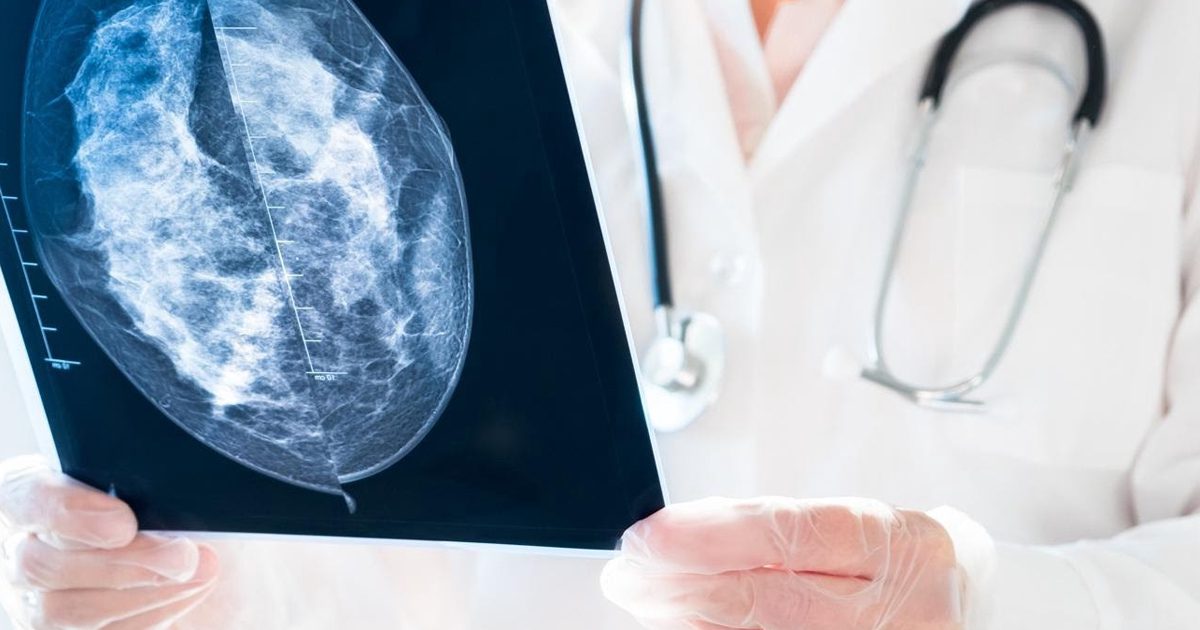
En México el Cáncer de mama ha incrementado de forma constante en incidencia y mortalidad durante los últimos 30 años. El documento explica que el incremento de casos de este padecimiento también se debe a un sub registro en años anteriores. De igual forma el Consenso detalla las deficiencias relativas a la educación e información sobre la enfermedad, así como la carencia de un programa de detección oportuna a nivel nacional acompañada de unidades mamarias especializadas.
No obstante, también se ha registrado un incremento constante en la esperanza de vida de los pacientes que fueron diagnosticados, 77 años en mujeres y 75 en hombres.
En cuanto a los factores de riesgo, el Consenso explica los determinantes biológicos como: ser mujer en edad avanzada, historial de cáncer en familiares de primer grado, antecedentes de hiperplasia ductal atípica, imagen radial y carcinoma lobulillar in situ, vida menstrual mayor de 40 años, densidad mamaria y ser portador/a de mutaciones en genes de susceptibilidad a cáncer de mama.
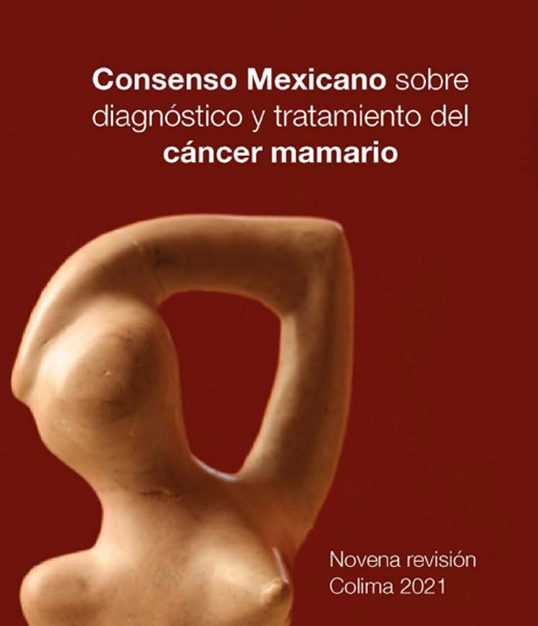
No obstante, también existen factores asociados al tratamiento de enfermedades previas como la exposición a radiación; factores reproductivos; factores relacionados con el estilo de vida como sedentarismo, obesidad, tabaquismo o consumo de alcohol. En este sentido el documento indica que el factor de riesgo más importante en el estilo de vida es la obesidad y en México esta condición se encuentra presente en un gran porcentaje de la población, representando un problema de salud pública.
Por otra parte, el documento explora las opciones de diagnóstico temprano como la evaluación de la mama por imagen. Existen diversos métodos como estudios de tamizaje y estudios de imagen, los cuales incluyen mastografía y mastografía digital. Esta última clínicamente incrementa la detección del cáncer en pacientes con mamas densas, que es un factor de riesgo conocido.
Uno de los últimos capítulos del consenso, también muestra información científica sobre la rehabilitación física de las pacientes con cáncer de mama, los cuales deben ser lo más efectivos posibles. De esta forma de busca garantizar mejor calidad de vida no solo en supervivientes de la enfermedad, sino también en pacientes en etapa terminal.
Y finalmente, al tratarse de la versión 2021, las instituciones y organizaciones involucradas, añadieron un capítulo especializado en COVID-19 y cáncer de mama, que detalla recomendaciones para pacientes y especialistas médicos en la detección de síntomas de COVID-19 y la necesidad e importancia de buscar atención médica temprana para evitar complicaciones.
You can consult the full document at the following link:
https://consensocancermamario.com/documentos/FOLLETO_CONSENSO_DE_CANCER_DE_MAMA_9aRev2021a.PDF




